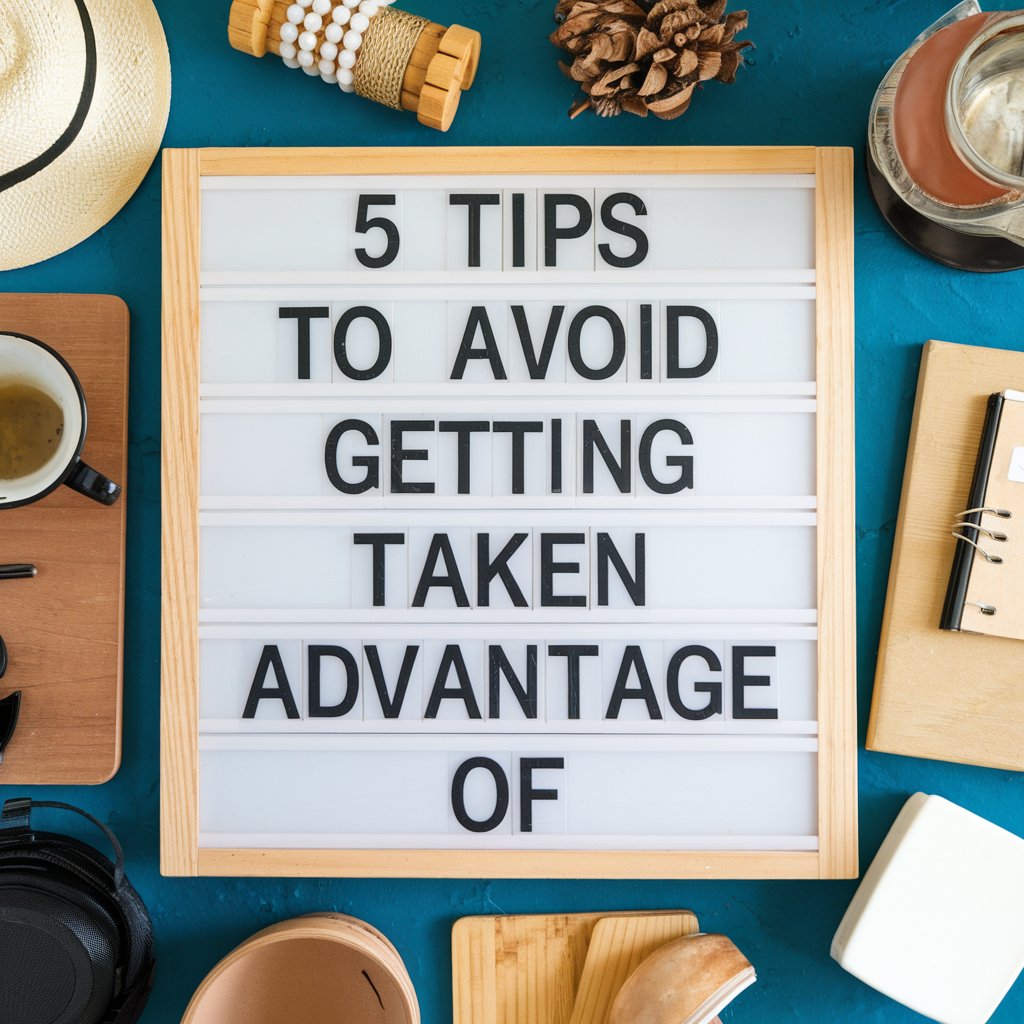How Accident Victims Can Avoid Being Taken Advantage Of
If you’ve been injured in an accident, you immediately become a threat to any party who believes they could be held financially responsible for what happened. Unfortunately, this means you could be victimized twice if you aren’t careful.
Use These 5 Tips to Protect Yourself
Do you want to hear the cold, hard truth as it pertains to your accident? Insurance companies don’t care about you. In fact, they’d prefer to make your claim disappear, as it’s a threat to their bottom line. As a result, they’ll do anything and everything to discredit you and lower the value of your claim so they can avoid having to pay you what you deserve.
Sadly, most accident victims don’t know how to interact with insurance companies, so they roll over and give in – being victimized all over again. But you don’t have to do that.
Here are five ways you can protect yourself after an accident:
- Seek Immediate Medical Attention
The first step after any accident is to seek medical attention, even if you don’t feel seriously injured at the time. Some injuries, like whiplash or internal trauma, may not present symptoms right away. By seeking medical attention, you not only ensure that you’re properly diagnosed and treated, but you also create an official medical record of your injuries.
This documentation can be critical if you pursue a personal injury claim later. If you delay seeing a doctor, insurance companies may argue that your injuries weren’t severe or, worse, claim they were unrelated to the accident. Medical records provide clear evidence that links your injuries to the accident, which is essential for protecting your rights.
In addition to documenting your injuries, follow your doctor’s instructions carefully. This shows that you’re taking your recovery seriously and prevents insurance companies from using any gaps in treatment as a reason to deny or reduce your claim.
- Don’t Rush to Accept a Quick Settlement
After an accident, the insurance company representing the at-fault party may contact you quickly with a settlement offer. While it can be tempting to accept this offer and put the incident behind you, you need to realize that initial settlement offers are often far below what you actually deserve.
Insurance companies are businesses, and their goal is to minimize payouts. A quick settlement offer might cover your immediate medical bills, but it likely won’t account for long-term costs like ongoing medical treatment, lost wages, or the emotional toll of your injuries. Before accepting any offer, make sure you fully understand the extent of your injuries and the impact they’ll have on your life.
In most cases, it’s best to consult with a personal injury attorney before agreeing to any settlement. A lawyer can help assess whether the offer is fair and negotiate on your behalf to ensure you receive compensation that covers all your expenses.
- Consult With an Attorney
The absolute best thing you can do early in the process is consult with a reputable personal injury attorney. Navigating the legal and insurance systems can be overwhelming, especially when you’re also dealing with injuries. A knowledgeable attorney can help you understand your rights and ensure that you’re not taken advantage of during the claims process.
Personal injury attorneys specialize in handling cases just like yours. As a result, they’re intimately familiar with the tactics insurance companies use to reduce payouts. They can help you gather evidence, negotiate with insurance companies, and represent you if your case goes to court.
Many personal injury attorneys offer free consultations, and they typically work on a contingency basis, meaning they only get paid if you win your case. With that being said, there’s no reason not to at least consult with an attorney about the possibility of having them represent you.
- Document Everything
Proper documentation is key to protecting your rights and avoiding being taken advantage of. In addition to your medical records, keep detailed notes about the accident and its aftermath. This includes photos of the accident scene, your injuries, and any damage to your vehicle or property.
Also, gather contact information from any witnesses and get a copy of the police report if law enforcement was involved. These pieces of evidence can be crucial when building your case, as they provide an objective record of what happened.
Keep a journal documenting your recovery process, including pain levels, medical treatments, and how the injuries have affected your daily life. This can help demonstrate the ongoing impact of the accident when negotiating with insurance companies or presenting your case in court.
- Be Wary of Insurance Company Tactics
Insurance companies will employ various tactics to minimize the amount they have to pay out. One common strategy is to pressure accident victims into giving a recorded statement shortly after the accident. While this may seem like a standard procedure, anything you say in a recorded statement can be used against you. Insurance adjusters may ask leading questions or try to downplay your injuries to justify a lower settlement offer.
To avoid falling into this trap, it’s best to decline giving a recorded statement until you’ve consulted with your attorney. Your lawyer can help you navigate these conversations and ensure that your rights are protected.
Another tactic they use is to delay the claims process in hopes that you’ll become frustrated and accept a lower offer just to get it over with. It’s important to stay patient and let your attorney handle the negotiations. Remember, a delay doesn’t mean you should settle for less than you deserve.
Adding it All Up
As you can see, you have plenty of options at your disposal. The key is to act swiftly so you don’t end up in a situation where you’re compromised. Ultimately, the most important thing is to hire an attorney and follow their expert advice. If you do that right away, you’ll be better off than most accident victims.




